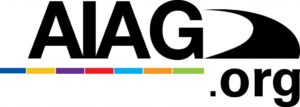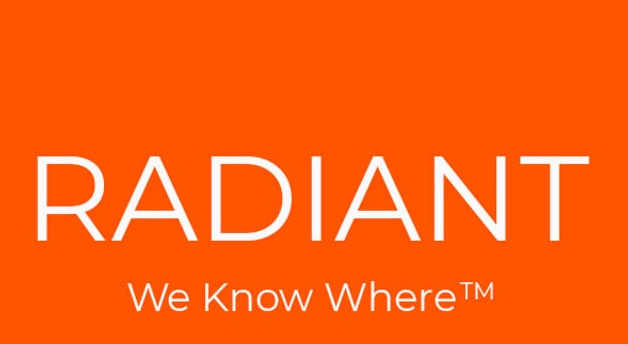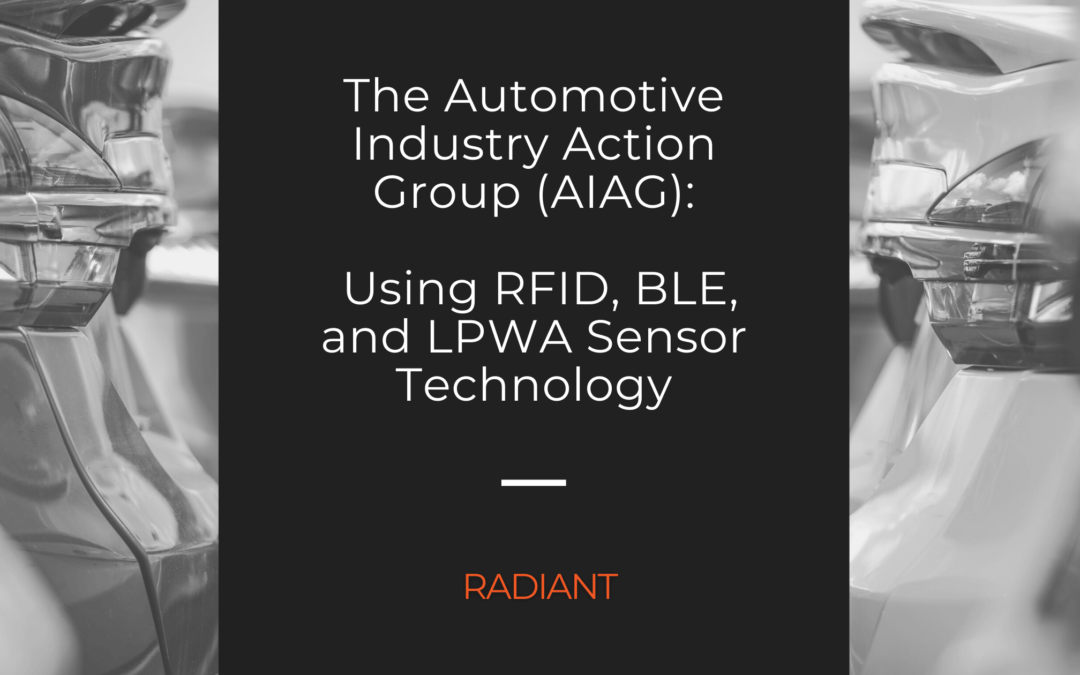In July 2021, AIAG (The Automotive Industry Action Group) published a paper titled, “Using RFID, BLE, and LPWA Sensor Technology.”
About the Automotive Supply Chain Paper
In the automotive industry, the use of returnable containers is on the rise, while sensor technology and the infrastructure needed to support it (particularly RFID, BLE, and LPWAN) continue to decrease in costs and complexity.
Using sensors in conjunction with low-energy radio communications has been one of the principal breakthroughs in object tracking. Sensors are used to identify a wide range of items (such as personnel, vehicles, and equipment) without requiring a direct line of sight. RFID (Radio Frequency Identification), BLE (Bluetooth Low Energy), and LPWAN Low Power Wide Area Network). Wireless sensor technology is proving to be more successful and efficient than other Automatic Identification (AutoID) methods like Barcode and Data Matrix, and it improves Returnable Transport Item (RTI) and information management in the Automotive Supply Chain.
What Automotive Industry Readers Can Expect from “Using RFID, BLE, and LPWA Sensor Technology”
This paper helps readers understand the asset tracking complexity from the automotive industry lens, specifications of the latest returnable asset tracking technologies and how they may apply them to reduce their error rate and better track their valuable returnable assets. Who should read this paper? Any global manufacturers parts suppliers should take the time to ready through this comprehensive report. Topics covered include:
- Sensor technology in the North American automotive industry
- Automotive industry-relevant considerations
- Technical requirements for tags
- Data structures for sensor technology application
Kenny Ratton, CEO of Radiant RFID, was part of a prestigious group of contributors who assisted in composing this paper. Visit the AIAG website to learn more about this publication and obtain your copy.
About AIAG
The Automotive Industry Action Group (AIAG) is a unique not-for-profit organization where OEMs, suppliers, service providers, government entities, and individuals in academia have worked collaboratively for more than 40 years to drive down costs and complexity of the automotive supply chain. AIAG membership includes leading global manufacturers, parts suppliers, and service providers.

Last Updated on January 26, 2023 by Radiant

